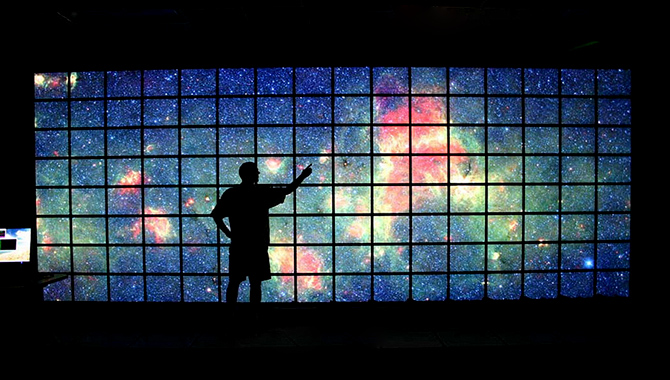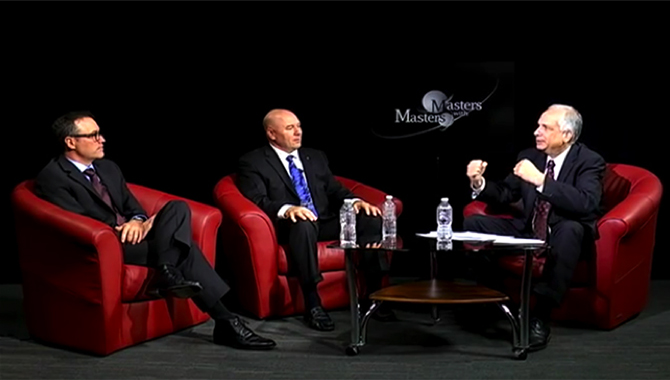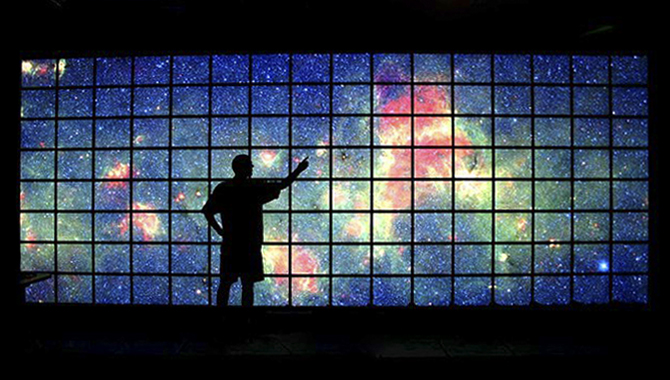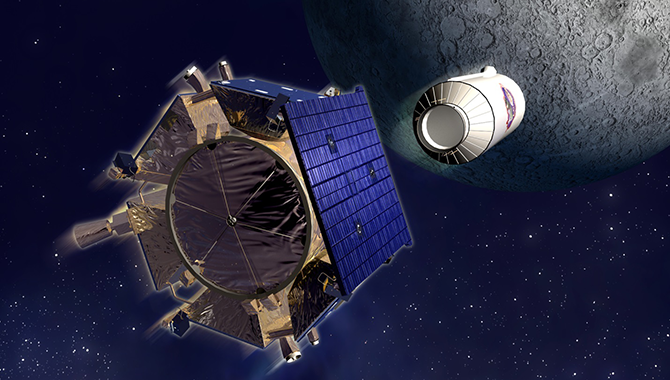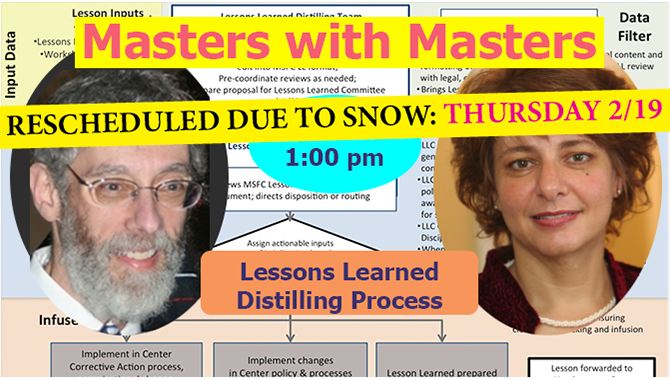
Masters with Masters with Bart Singer and Jennifer Stevens.
Image Credit: NASA
How can lessons learned from NASA projects and programs guide our projects and programs to better ensure mission success?
UPDATE: Due to weather, we have rescheduled the live webcast to February 19, 2015 @ 1:00pm EST. You can still register below.
Join Dr. Ed Hoffman, NASA Chief Knowledge Officer (CKO), on Wednesday, February 18, 2015, from 1:00 – 2:30 p.m., in this special Masters with Masters (MwM) live webcast as he interviews two NASA knowledge practitioners about the Agency’s challenges of ensuring lessons are captured and distilled for easier access and application across all programs and projects.
Bart Singer serves as a Senior Systems Engineer working with the NASA Langley Research Center (LaRC) Chief Engineer. He coordinates the independent assessment of cost, schedule, risk, and performance trends of the Center’s programs and projects, and he also leads the LaRC Lessons Learned Committee.
Jennifer Stevens is the Chief Knowledge Integrator for Marshall Space Flight Center (MSFC), supporting Center and Agency Chief Knowledge Officers and interfacing with the NASA knowledge community. She develops policy and procedures at NASA MSFC to define and implement Systems Engineering (SE) policy and practices. Specifically working in the Lessons Learned Steering Committee, she has been involved in SE tools, training development, and SE Management Planning. Jennifer leads the Marshall Distilling Process, a cross-center team that works to operationalize those lessons learned that the Steering Committee has approved for implementation.
Knowledge is the bedrock of mission success, and like other knowledge-intensive organizations, NASA faces continuous challenges in making effective use of what it knows. These include:
- Enabling the flow of lessons learned across organizational boundaries;
- Ensuring the identification, capture, and dissemination of key lessons and critical knowledge from events such as mishaps and accidents;
- Developing and supporting networks of expertise; preserving lesson learned from being lost when experienced personnel leave; and
- Providing means for individuals and teams to discover knowledge they need when they need it.
Other issues will be addressed: NASA is actively engaged in developing knowledge strategies that identify and capture critical knowledge and address gaps, using approaches (such as case studies, storytelling, portals, search, video interviews and Pause and Learns) illustrated in NASA’s Knowledge Map.
Register through this NESC Academy RSVP link to attend virtually on Wednesday, February 18, 2015, from 1:00 – 2:30 p.m.
To watch previous Masters with Masters, please click here.






